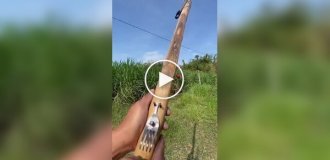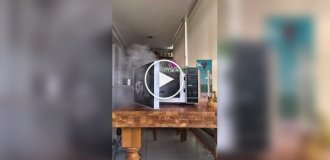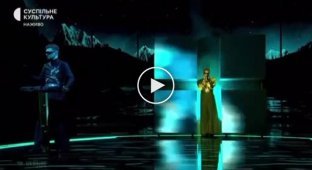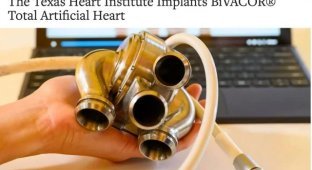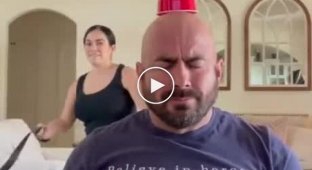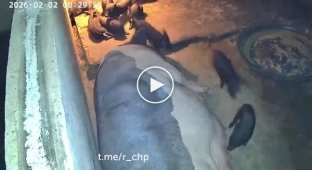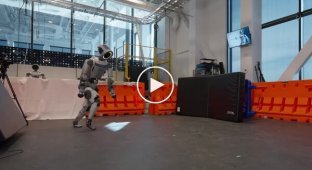Scientists: The Human Heart Has the Ability to Heal (3 photos)
When a heart attack or failure occurs, vital muscle cells are damaged. Currently, there is no way to grow new heart cells, so patients must rely on medications, implanted devices, or transplants. However, American scientists have discovered that a gene that is switched off after birth can be reactivated to create new, functioning heart cells. 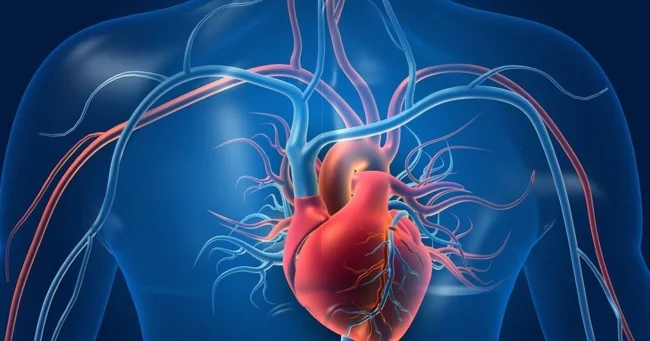
Experts at the Icahn School of Medicine at Mount Sinai in New York have discovered that introducing a specific gene into damaged hearts of middle-aged people can accelerate cell regeneration. The team previously demonstrated the effectiveness of this method in pigs more than a decade ago. Now, for the first time, they have demonstrated its effectiveness in humans.
"Cardiovascular disease is the leading cause of death worldwide," said Dr. Hina Chaudhry, director of the Division of Cardiovascular Regenerative Medicine at Mount Sinai. "Our work demonstrated for the first time that the pig heart can be regenerated after injury. Now, we've taken this a step further, demonstrating that heart cells from middle-aged humans, previously thought to be incapable of dividing, can be coaxed into forming new, functional cells. This changes the approach from treating symptoms to truly regenerating the human heart." 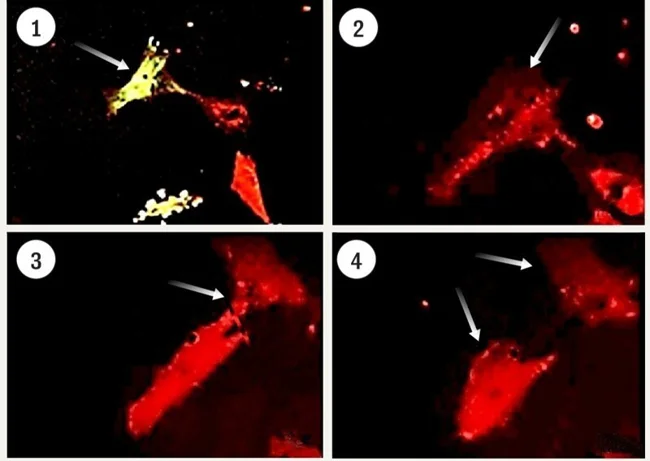
The first image shows a heart cell from a 55-year-old donor. The second shows it rounding up after the addition of Cyclin A2 and preparing to divide. The third stage is the division process. The last stage is the result.
The method is based on the naturally occurring gene Cyclin A2 (CCNA2), which is necessary for the division and growth of heart cells in the womb. However, after birth, it is switched off.
Following successful experiments in pigs, the scientists used a safe virus to deliver an active version of the CCNA2 gene to heart muscle cells from donors aged 21, 41, and 55.
In two elderly patients, heart cells began to divide, returning to a healthy state.
Further analysis revealed that the CCNA2 gene temporarily "turned back the clock," triggering growth mechanisms that allowed cells to divide and repair the heart.
"This is the culmination of nearly two decades of research," noted Dr. Chaudhry. 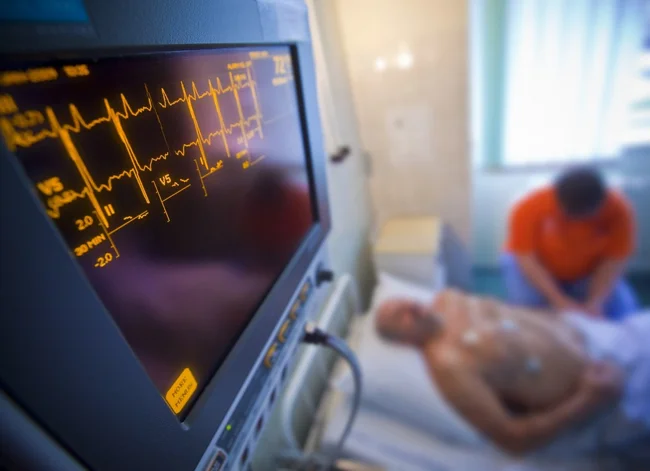
"We first proposed the idea of heart repair by activating dormant cell division genes. Now we've taken another important step toward implementing this idea for patients.
Our goal is to create a therapy that will allow the heart to self-repair after a heart attack or heart failure, reducing the need for transplants and devices."



